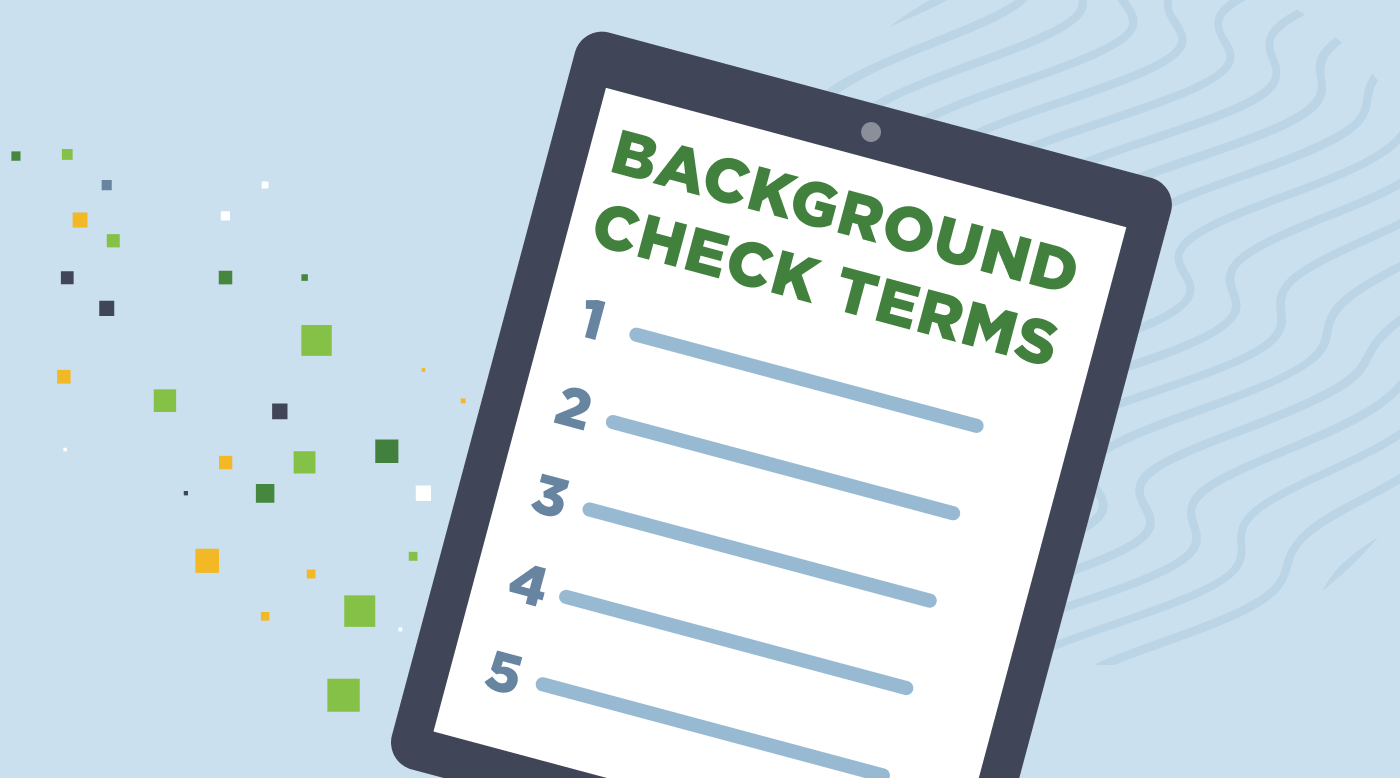Background checks are an important part of the hiring process, and most jobs require you to go through one. Additionally, applying for schools, purchasing homes, and trying to purchase a firearm may require a background check, so it’s not just something you have to worry about for work.
While background checks can be intimidating, if you know what they search for and what causes you to be flagged, it can help you through the process or address any concerns before they arise.
If you’re curious about what causes a red flag on a background check, you’re in the right place. Read on to learn more about what causes a red flag on a background check.
What Is a Background Check?

Five Red Flags on a Background Check

That said, red flags can also vary based on the employer. For example, some employers may weigh red flags in someone’s driving records more seriously than issues in a credit report.
Learn about some of the most common red flags that appear on a background check below.
1. A Criminal Record
Having a criminal record is one of the biggest red flags that can appear on a background check. Criminal records can range from something like trespassing to something more serious like theft or assault. While most violations won’t make it on to your record, misdemeanors, and felonies will appear on a background check and will act as a red flag for most employers.
2. Education and Work History Inconsistencies
It might seem like a good idea to lie about your work history or education to try and get a job you’re not qualified for. While this can work throughout the application process, once a company runs a background check, they can verify your work and employment history. Any inconsistencies will result in red flags.
3. Problems with References
When you apply for a job, there’s a good chance that you’ll need some references. These can be a mix of personal references and professional references who think highly of you. If you lie about references or if references don’t have nice things to say about you, it’s a major red flag.
4. Employment Inconsistencies
Lying about your employment is problematic but so is having inconsistencies in your employment. Hiring managers like to see people who can hold a job, so having spotty work history is a red flag. Having many jobs over the course of a few months or having large gaps in employment history can be a red flag.
5. Bad Credit
Believe it or not, credit history is something that many employers consider before hiring someone. Having poor credit can reflect poorly on someone because it can make them seem irresponsible, which can be problematic for some employers. However, this can become a major red flag in industries that require people to work with money. Bankruptcies and other delinquencies on a credit report are even bigger red flags.
Check Your Record Before You Apply

While it can be hard to search through public records databases to discover any possible red flags, using a tool like UnMask can help. UnMask is a public records search tool that has a background check search function to help you see what appears on a background check. You can use this information to adjust your application, hold off on applying, or resolve any red flags.
To make sure you’re prepared for any application, we always recommend running a background check on yourself before you get started.

